Citizen participation takes root in the village
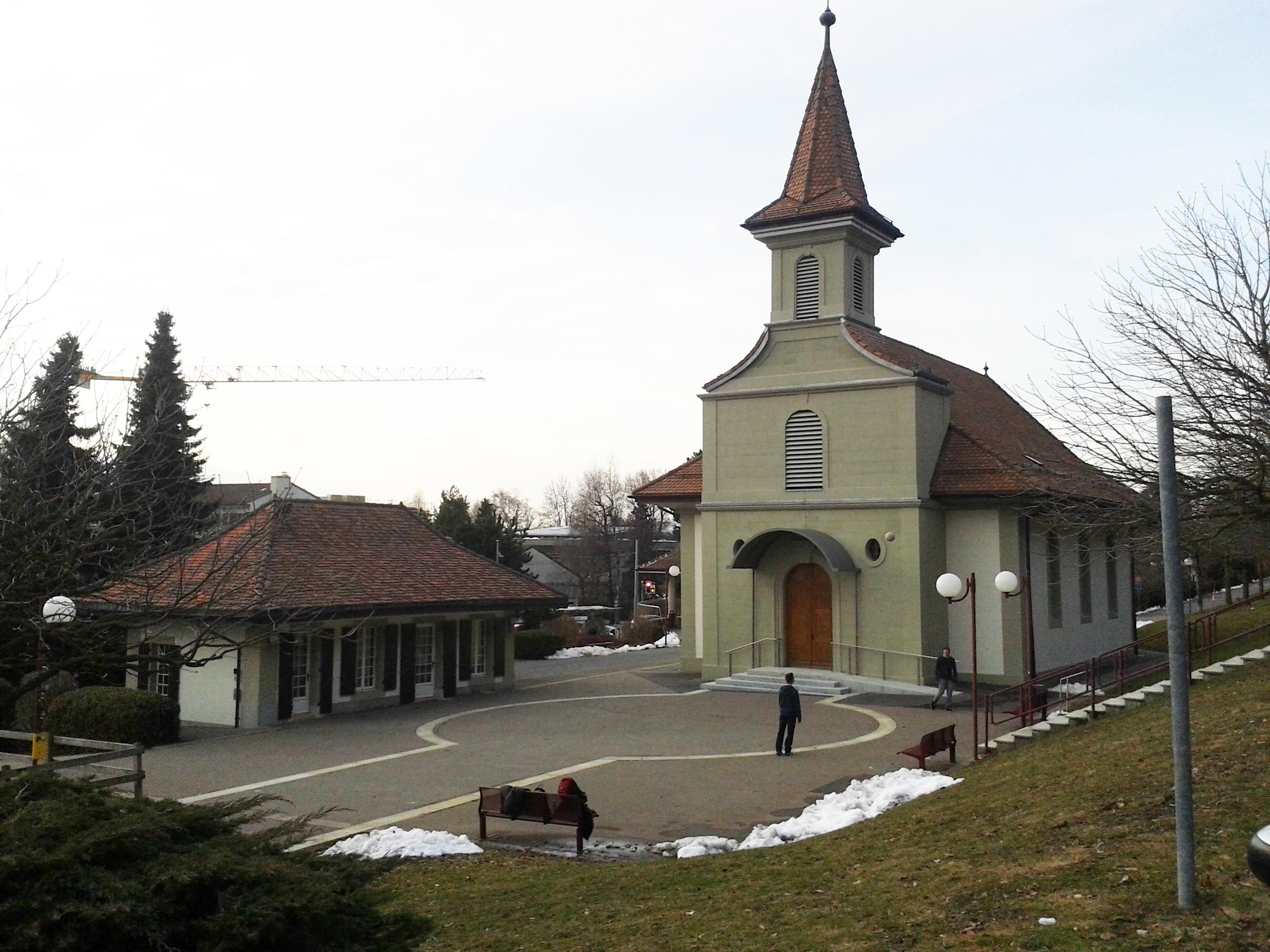
Getting people more involved in local decision-making processes and promoting participatory democracy in Switzerland, such is the ambition of a new political group born in Le Mont-sur-Lausanne. swissinfo went along to a local meeting to find out more.
At the end of May, some 30 people met in the parish hall of a municipality of some 7,000 inhabitants situated on a hillside in the Lake Geneva region.
They were responding to the call of a movement born one month earlier and baptised Mount Citizen: Democracy – Solidarity – Ecology. The goal of the meeting was to draw up a programme for the local elections in 2016.
In his opening speech, Philippe Somsky, a member of the group’s provisional committee, explained that the movement aimed to enable the citizens to reclaim democracy and directly influence issues affecting them. It also sought to “make up for the limits of representative democracy”.
Specifically, the participants gathered around tables with Post-it notes on them containing different proposals. These, the same on each table, revolved around three major themes put forward by Mount Citizen: ecology, democracy and solidarity.
The proposals included: “Setting up neighbourhood waste disposal sites,” “Providing work of public interest for asylum seekers and the unemployed,” “Introducing social and environmental clauses in public procurement” and “Making municipal premises available to associations.”
Under discussion
At each table, the participants had 15 minutes for each of the three themes.
During this time, they were supposed to discuss the different proposals, modify them or formulate new ones. The ideas adopted were then stuck onto a wall chart.
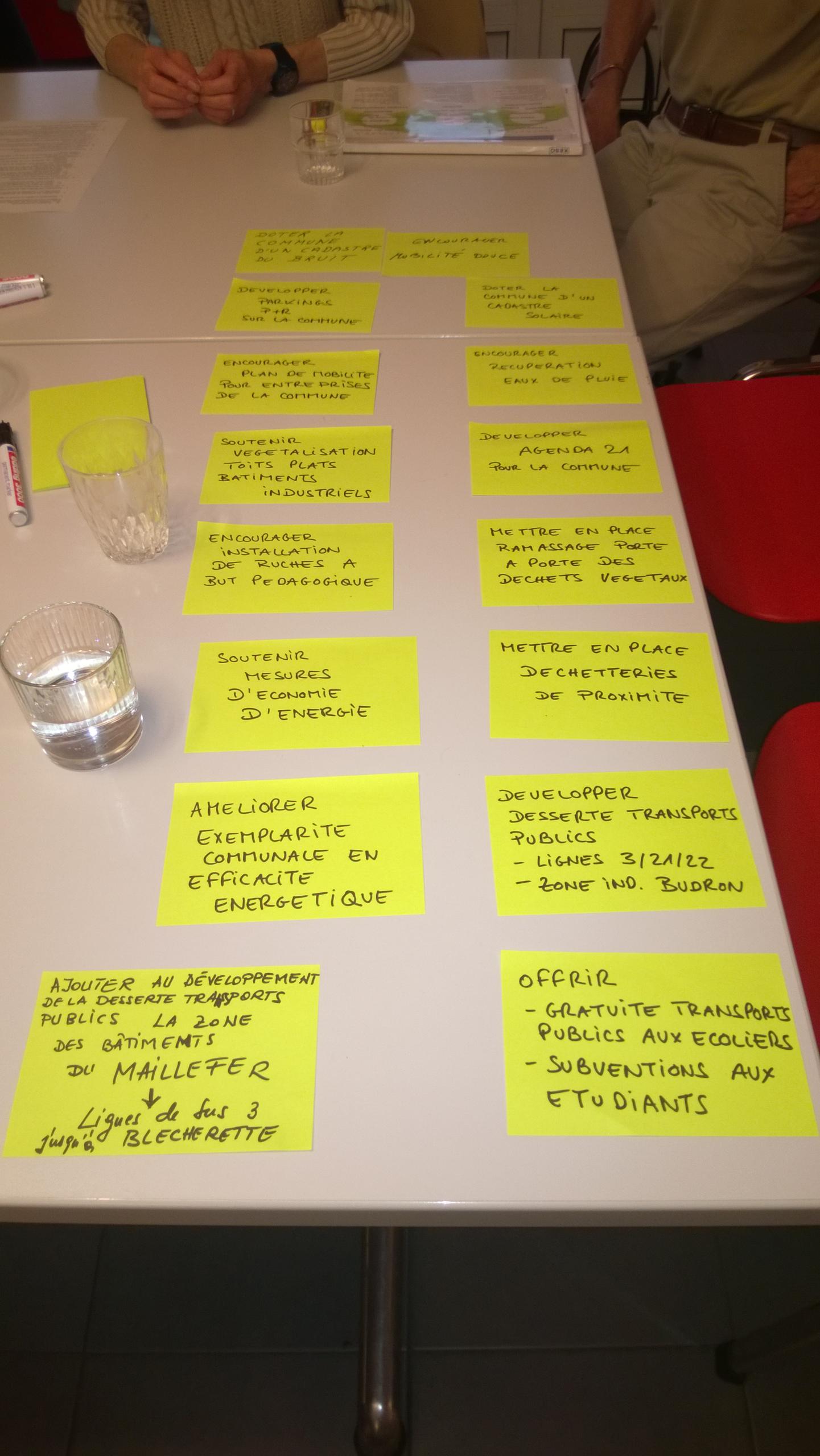
More
The discussion process
Once the three themes had been dealt with, one rapporteur per table summarised the results.
After that everyone voted, by affixing dot stickers to the Post-it notes on the wall charts. The ideas receiving the most stickers were to be included in the programme for the forthcoming elections.
Among those present, only one person was not taking part in the exercise but just watching. This was Jean-Pierre Sueur, the mayor of the commune, a representative of this “representative democracy” whose limits had just been exposed. While welcoming this initiative, he does not hide his doubts.
“People put a lot of energy into the discussion and reflection at these workshops. Some ideas are then not adopted, which can lead to frustration. Certainly, one does not always win in politics, but frustrations are felt more strongly when the problems being tackled are very local.”
Element of modernity
Mount Citizen was set up following two petitions on waste management and pre-school child care. These spawned the idea of getting citizens more involved in the political life of the community, and perhaps also extending the experience further.
“We are seeking to bring an element of modernity into our region and to Switzerland,” explains committee member Somsky.
“We are an experimental platform, even though a citizens’ awakening is already occurring in many places around the world. We are trying to invent a bit of democracy that goes beyond the weaknesses of representative and even direct democracy.”
Direct democracy, with its referendums and people’s initiatives, nonetheless gives citizens scope to voice their views on very different topics, at the national, cantonal and local levels. But for Somsky, this system is not a panacea.
“In order to launch initiatives or referendums, you need to have a strong back and a well-filled purse,” he notes. “It is generally the big parties and powerful lobbies that can push forward their demands. Whereas what we want is for the population to be involved systematically on everyday issues.”
Really all citizens?
The participants at the meeting seemed to have different motives for attending.
“I’m here for purely selfish reasons, because I’m very affected by the problem of noise,” says Jean-Pierre. “Whereas I like following what is going on in the community and meeting people,” adds Marcel.
It was however difficult to see the difference between this forum, supposed to represent all citizens, and a meeting of the Green Party, the Transport and Environment Association, or any other left-leaning body.
The conversations heard over drinks afterwards reinforced this impression: one man was holding forth against a major brand of printer ink cartridges that claimed to be ecological; a woman complained at the number of 4×4 vehicles clogging the village roads.
Is Mount Citizen therefore simply some kind of reincarnation of Greens and Social Democrats? Somsky is adamant that no.
“Some members of the group do belong to a party, but most have no political label. It is true that civil society actors are often the ones that initiate processes, but with the goal of extending them as far as possible.
“It should not be limited to a small group, a kind of vanguard that would end up doing the same things as those who are in charge today.”
Translated from French by Julia Bassam

In compliance with the JTI standards
More: SWI swissinfo.ch certified by the Journalism Trust Initiative
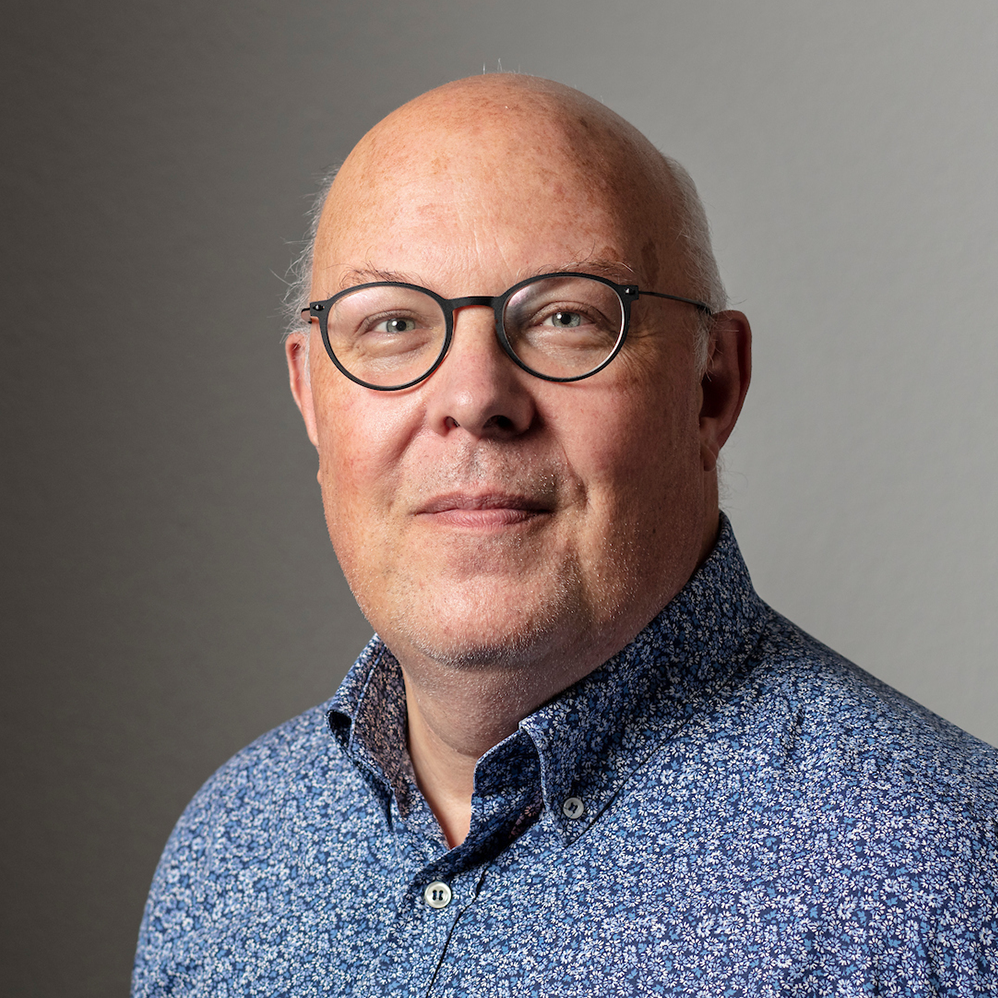
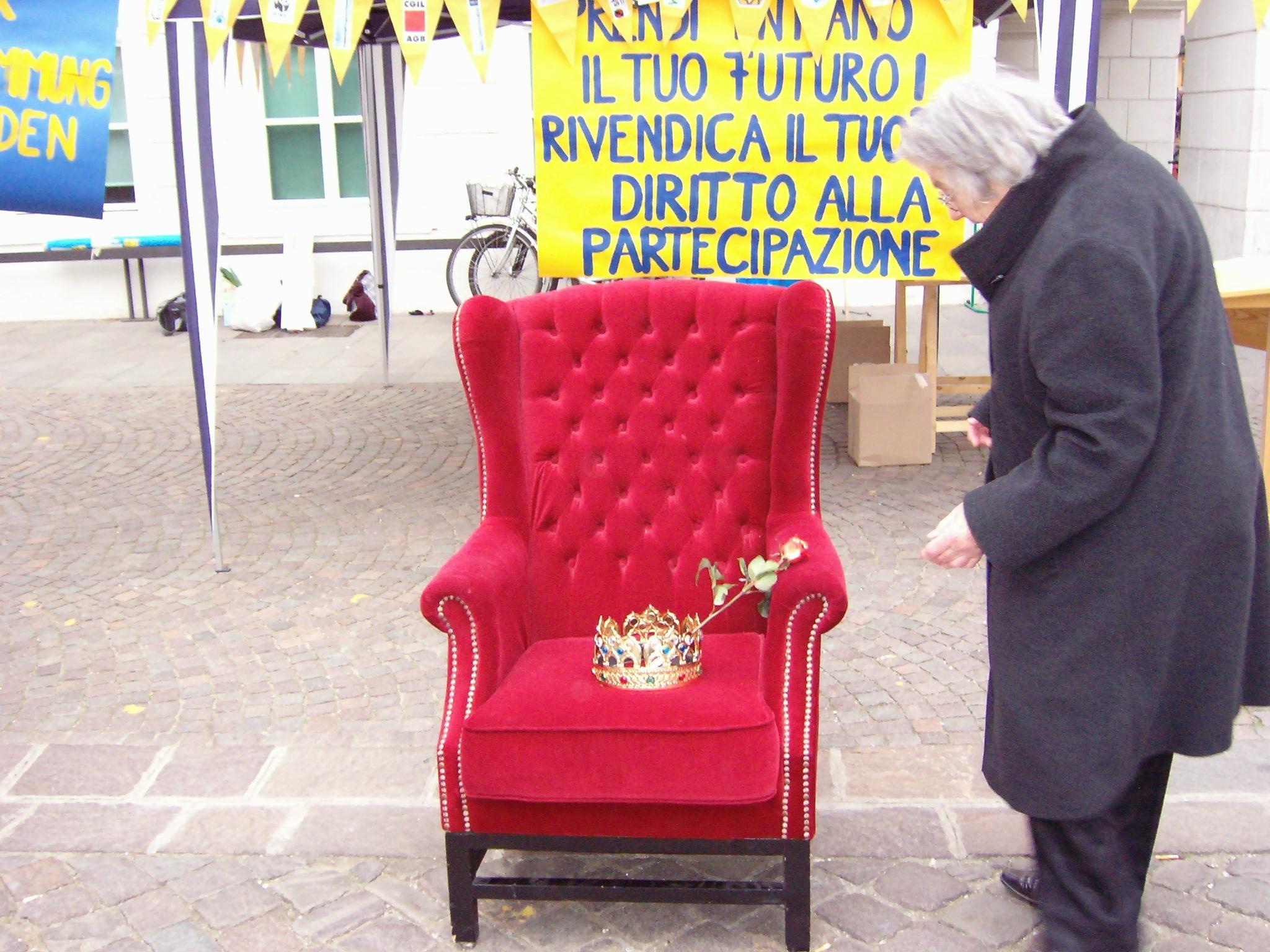
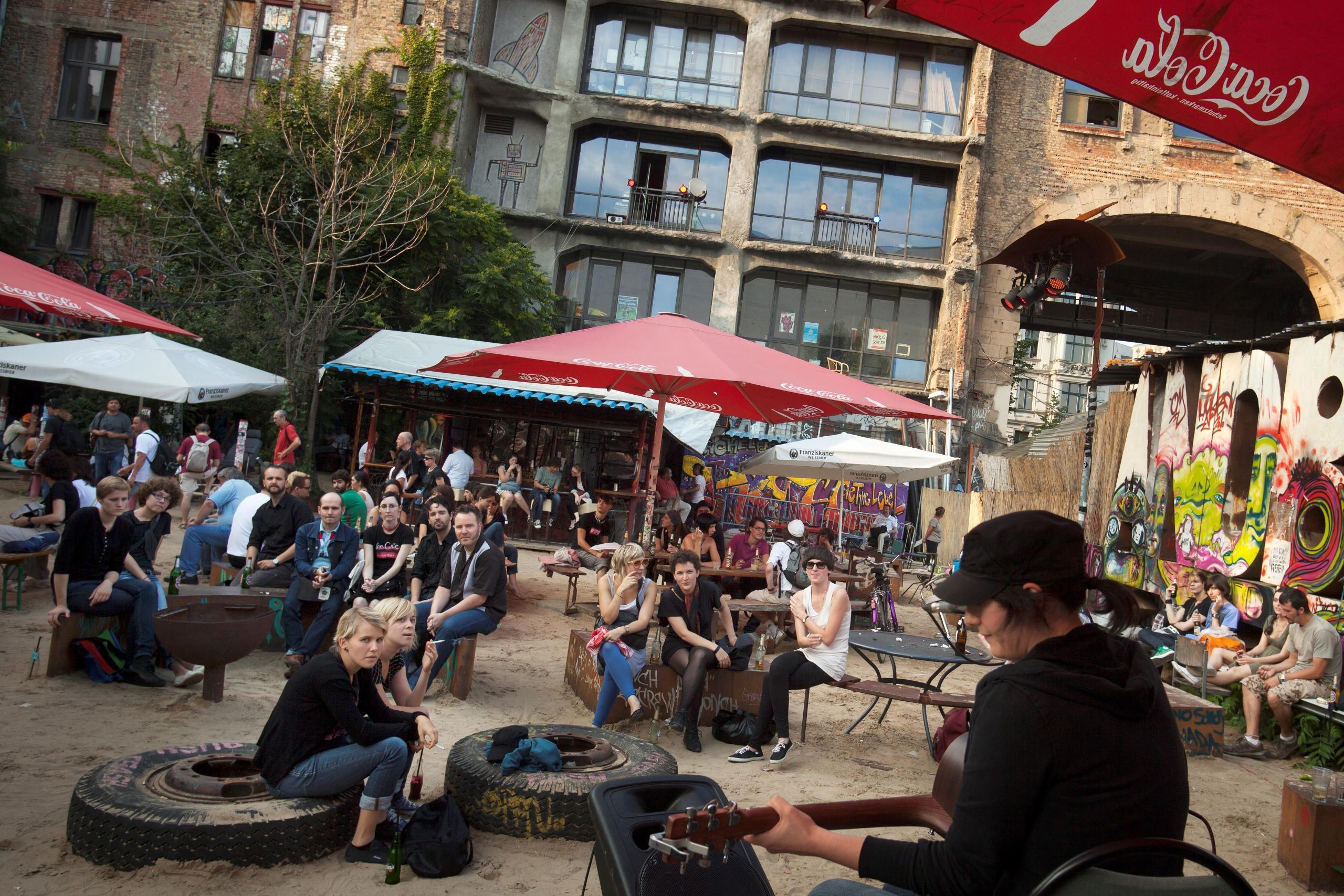
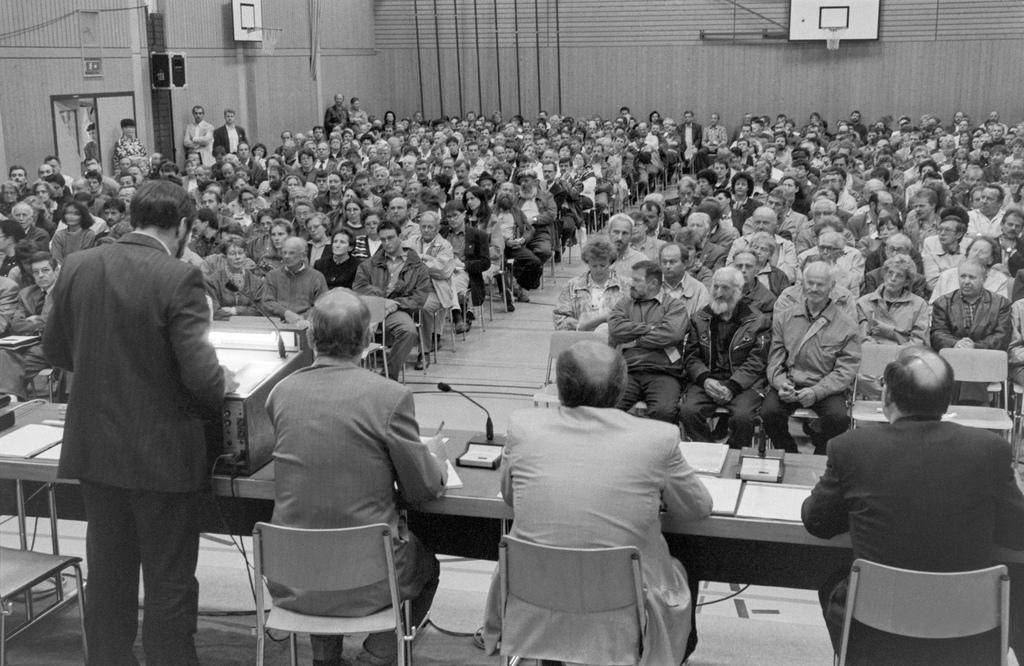
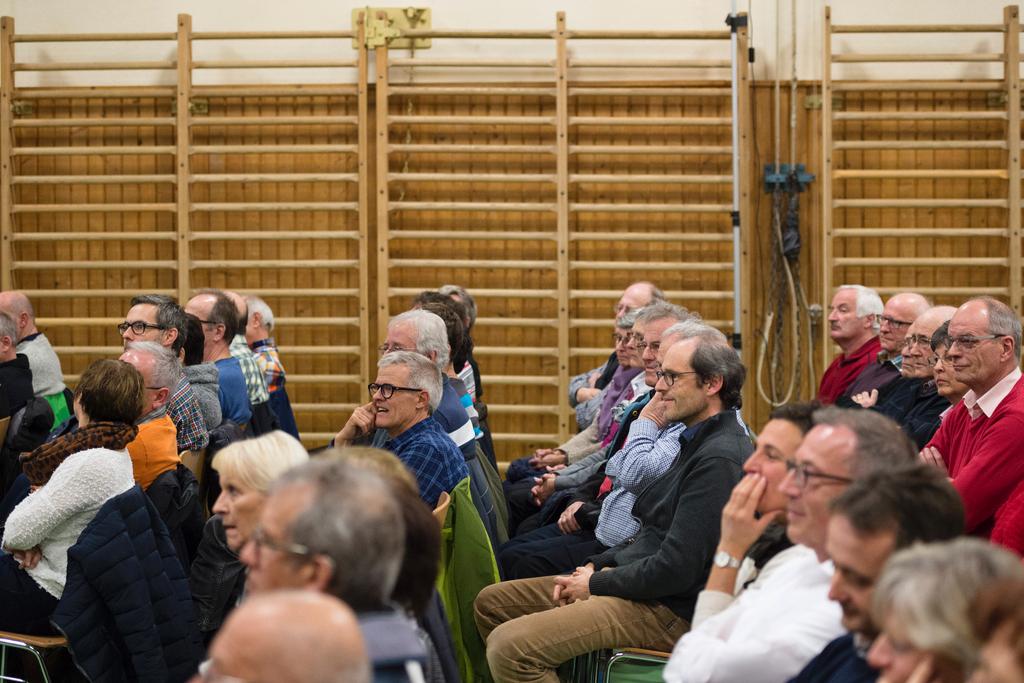
You can find an overview of ongoing debates with our journalists here. Please join us!
If you want to start a conversation about a topic raised in this article or want to report factual errors, email us at english@swissinfo.ch.